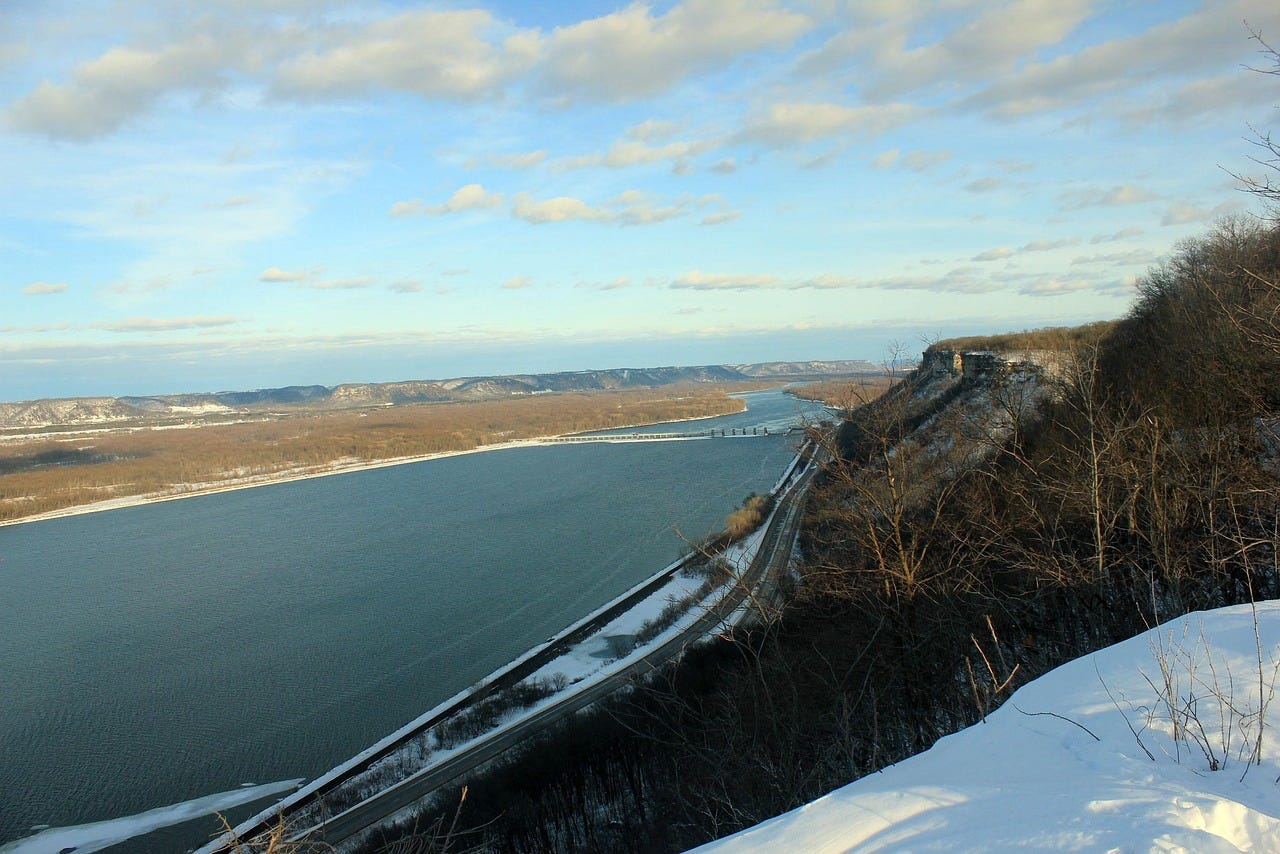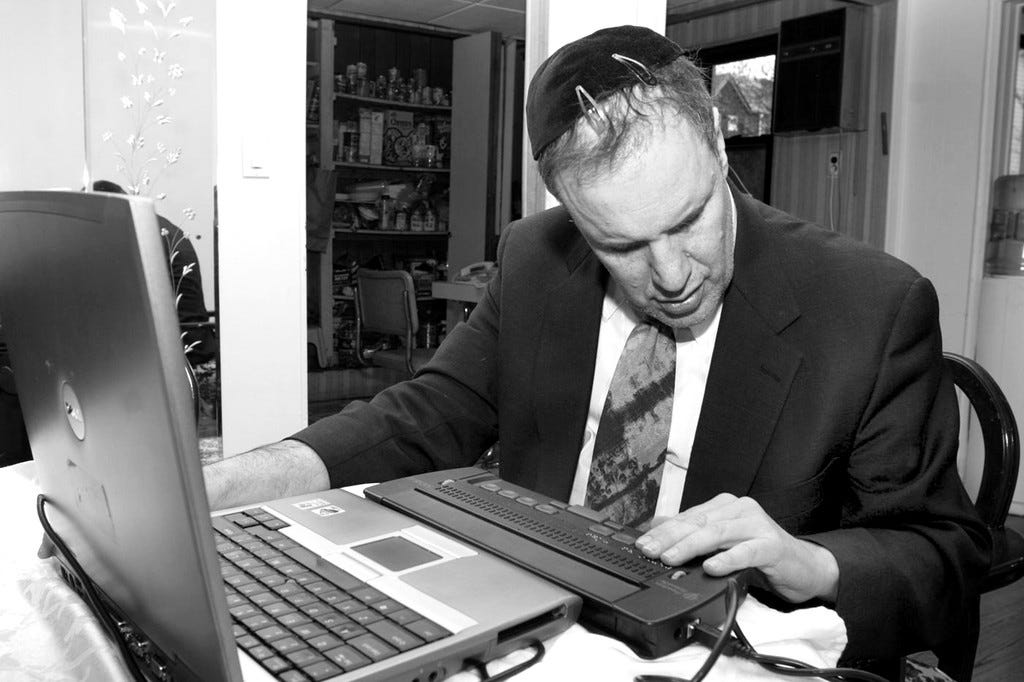Is it really possible to mend our broken world with the Torah that we received on Mount Sinai over 3300 years ago?
The knee-jerk reaction is “no.”
The forces that encourage war, bolster dictatorships, sully the environment with “big, beautiful bills,” and threaten the stability of democracy are too strong.
A hopeful biblical perspective—words of admonition DO make a difference for the good.
Moses said (Deuteronomy 32:1):
Let my words of instruction pour down like water,
My speech descend like the (nourishing) dew.
More than seven centuries later, the prophet Isaiah encouraged his listeners
Let all who are (spiritually) thirsty imbibe water (Torah wisdom) for free.
The cumulative effects of admonition are like mighty waters.
Amos 5:24
Let justice surge like water, and righteousness like a mighty stream.
I wondered,
“Maybe through all eras, the forces for good have a cumulative impact. From that perspective, my efforts, while minescule by themselves, can yet add to the power for good.”
The Mississippi River, a mighty stream indeed, came to mind.
At the river’s headwaters are tiny rivulets that a person could step across. We can all be tiny rivulets. In our own small but meaningful ways, within the disability community, we can combat:
Able-ism
False science about autism and other disabilities
False propaganda about “efficiency” which in truth undercuts vital Medicaid services.
It is never too late.
Thirty thousand rivulets can feed powerful tributaries.
Scores of powerful tributaries can flow into mighty rivers.
My prayer:
May we soon witness the cumulative effects of all our efforts combine into a mighty stream of justice and righteousness that will heal our broken world. As we recite in the Alenu prayer,
God will be acknowledged as Ruler throughout the world
On that day
He shall be recognized as the One Sovereign
And his Name shall be One.
A native of Bradley Beach, New Jersey, Rabbi Michael Levy attributes his achievements to G-d's beneficence and to his courageous parents. They supported him as he learned to travel independently, visited Israel, and became more Jewishly observant. For 65 years, JBI International supported him with braille and recorded Judaica material.
He received rabbinic ordination from the Jewish Theological Seminary in 1981 and an MSW from Columbia University in 1982.
As a board member and now President of Yad Hachazakah, Rabbi Levy strives to make the Jewish experience and Jewish texts accessible to Jews with disabilities. In lectures at synagogues, camps, and educational institutions, he cites Nachshon, who according to tradition boldly took the plunge into the Red Sea even before it miraculously parted. Rabbi Levy elaborates, "We who have disabilities should be Nachshons--boldly taking the plunge into the Jewish experience, supported by laws and lore that mandate our integration.”
He applauds Jewish Disability Inclusion News’s ambition to give voice not just to those who work with the disabled, but also to people with disabilities themselves. “About us? Not without us” he is fond of reminding those eager to listen, and the media to whom the maxim may be out of their comfort zone.
For over 20 years, Rabbi Levy served as director of Travel Training at MTA New York CityTransit. Now retired, he is an active participant in Congregations Aish Kodesh and Young Israel in Woodmere, New York. Most of all, he relishes the company of his children, grandchildren, and large extended family.





